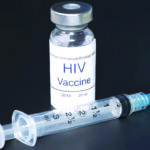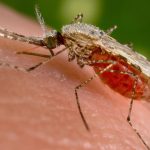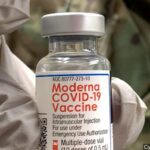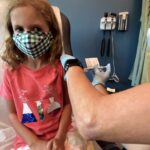GSK’s Malaria Vaccine Combined with Drugs Shows Over 90% Reduction in Cases
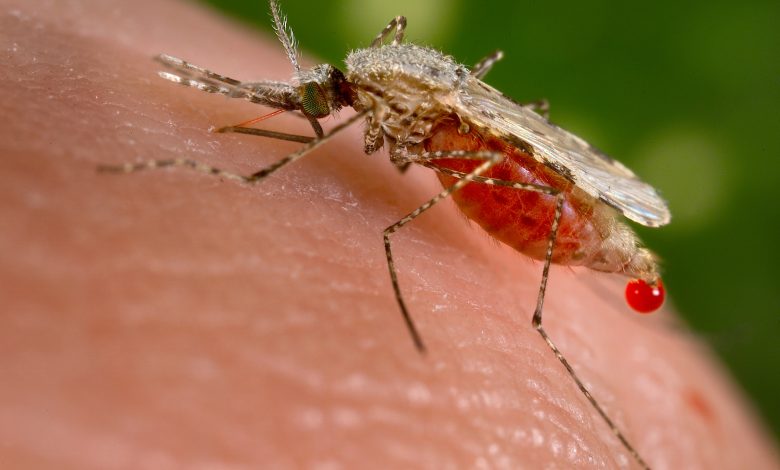
The final results of a groundbreaking study that evaluated the effectiveness of GSK’s Mosquirix malaria vaccine in combination with antimalarial drugs and other measures have demonstrated a remarkable reduction of over 90% in malaria cases.
Conducted in Mali and Burkina Faso, the study focused on administering seasonal doses of Mosquirix (RTS,S) alongside prophylactic drugs, comparing the combined approach’s efficacy to that of using either the vaccine or the drugs alone over a three-year period. The results revealed a significantly enhanced effectiveness when the two interventions were combined.
Despite Mosquirix displaying limited protective efficacy of approximately 39% in clinical trials, it received approval for widespread use in children residing in sub-Saharan Africa and other regions with significant malaria transmission due to the substantial health burden imposed by the disease.
This latest study underlines Mosquirix’s value as a crucial component of a comprehensive strategy for controlling malaria in real-world scenarios. This achievement is particularly noteworthy as the global community anticipates the development of more potent malaria vaccines.
When used in conjunction with other preventative measures such as bed nets to thwart exposure to malaria-carrying mosquitoes, the study observed a notable reduction in clinical malaria episodes, hospitalizations, severe anemia, blood transfusions, and mortality in children exposed to the parasite until the age of five.
The study, featured in The Lancet Infectious Diseases, pointed to a noteworthy synergy between the vaccine and drugs. The efficacy of the two interventions administered individually was comparatively similar.
Due to ethical considerations, the trial did not include a control group that received neither the vaccine nor prophylactic drugs. Therefore, the precise efficacy of the combined approach could not be directly quantified.
Nevertheless, the researchers emphasized that children who received both the RTS,S vaccine and prophylactic drugs, along with utilizing bed nets, likely attained more than 90% protection against malaria episodes during the study period. Professor Brian Greenwood from the London School of Hygiene & Tropical Medicine (LSHTM), an investigator in the trial, highlighted the importance of offering access to multiple malaria prevention tools to combat the substantial disease and mortality burden in highly seasonal settings.
A remaining aspect to address is the potential risk of a resurgence in malaria cases after discontinuing malaria prevention interventions. To explore this, the study will continue for another two years, monitoring the children’s outcomes during this follow-up period.
Meanwhile, optimism is high regarding the R21/Matrix-M vaccine, a more recent development from researchers at the University of Oxford. This vaccine, which has received approval in its initial market, surpasses the World Health Organization’s specified threshold of 75% efficacy over 12 months of follow-up in a phase 2b trial, offering promise for more effective malaria prevention.

